Wednesday, April 20, 2016
Education (a.k.a. fetchin' up)
All my friends walk up to me and say: "Joe, what's education?"
O.K. Maybe not.
Education can be divided into several STAGES.
Elementary School is commonly K-8. That is as far as most people on the planet ever get.
The main purpose of Elementary Schools, besides socialization, is the teaching of Reading, Writing, and Arithmetic. No computers are necessary. Reading the newspaper and making informed choices was the main goal of this stage of education.
High Schools, which were few and far between before the Civil War, are commonly grades 9-12. Typical subject matter includes the sciences (geology, biology, chemistry, physics), math (algebra, geometry, trigonometry), modern languages (French, German, Spanish), History (World History, State History, Political Science), English (grammar, rhetoric, logic, literature), and a variety of electives. High schools were heralds of an advanced education right up to World War 1.
Founded in 1891, the oldest public high school in the State of California is Redlands.
And, with new high schools, you needed new high school teachers with "standard training" - called normalization. Suddenly, an education beyond High School was becoming necessary.
Normal Schools (early colleges) were just two year schools. But they were NOT Junior Colleges. They taught high school subject matter in some depth - enough to get your feet wet.
With "normalization" came alienation. Those students that were NOT IN THE NORM (e.g. middle-of-the-roat +/- 34%) were pushed out. And I am not singling out one group - there are plenty of groups that qualify!
So, back to specificity. Stages of advanced learning are: 1) High School, 2) Junior College (or offerings of lower-division undergraduate courses), 3) Colleges or offerings of upper-division undergraduate courses), and Universities (offering post-graduate degrees like the M.A., M.S., M.B.A., etc. and TERMINAL degrees like the Ph.D., J.D., etc.)
In a high school class, one might read "The Power of Myth." It's a good start. It is very broad in scope and none too deep - the wading pool, so to speak. Another possibility is the Portable Bible.
In a lower-division undergraduate course, one might read 5 or 6 books like the hard-bound Ballou, or Hero - among many others. Hero is also A.P. material for High School (thus the link to lesson plans).
As you advance in your education, the specificity becomes defined (e.g. Mahayana is separated from Theravada in Buddhism). Therefore, upper-division undergraduate courses or more well-defined than their lower-division counterparts. By this time. you are in it waist-deep.
In Grad School, you might learn "the art of alliteration in creative confessions." "Forgive me Father, for I have Farted."
By the time you get a Ph.D., you are all wet. Hope this helps you out.
Subscribe to:
Post Comments (Atom)






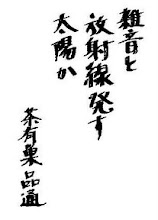
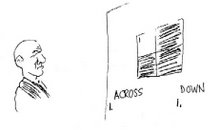

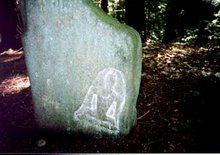

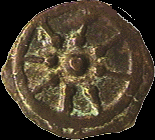
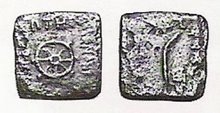
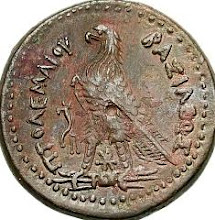
No comments:
Post a Comment